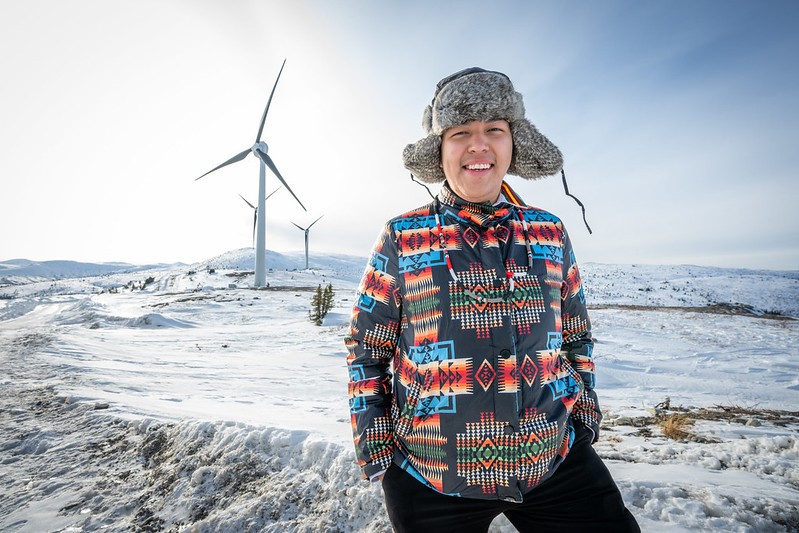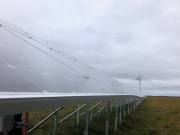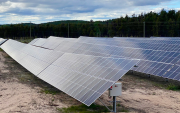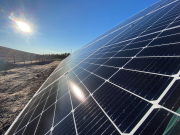This year the Pembina Institute held its fourth Renewables in Remote Communities Conference (RiRC2025) – marking ten years since we first began convening in 2015.
With each conference, we learn more from communities, government, experts, and industry leaders about the state of energy in remote communities and what priorities communities have as the work toward clean energy advances.
Here are a few takeaways we’re thinking through now that the conference has come to a close.
Enthusiasm for remote clean energy is only growing
This year’s conference, held on the shared traditional territory of the Kwanlin Dün First Nation and Ta’an Kwäch’än Council, convened a record 375 attendees from nearly every province and territory in the country (with the exception of PEI and Nova Scotia). The diversity of voices at the conference demonstrates how the enthusiasm for clean energy in remote communities is growing and there is a strong network of leaders, from coast to coast to coast, eager to support Indigenous clean energy leadership.
Why does this enthusiasm matter?
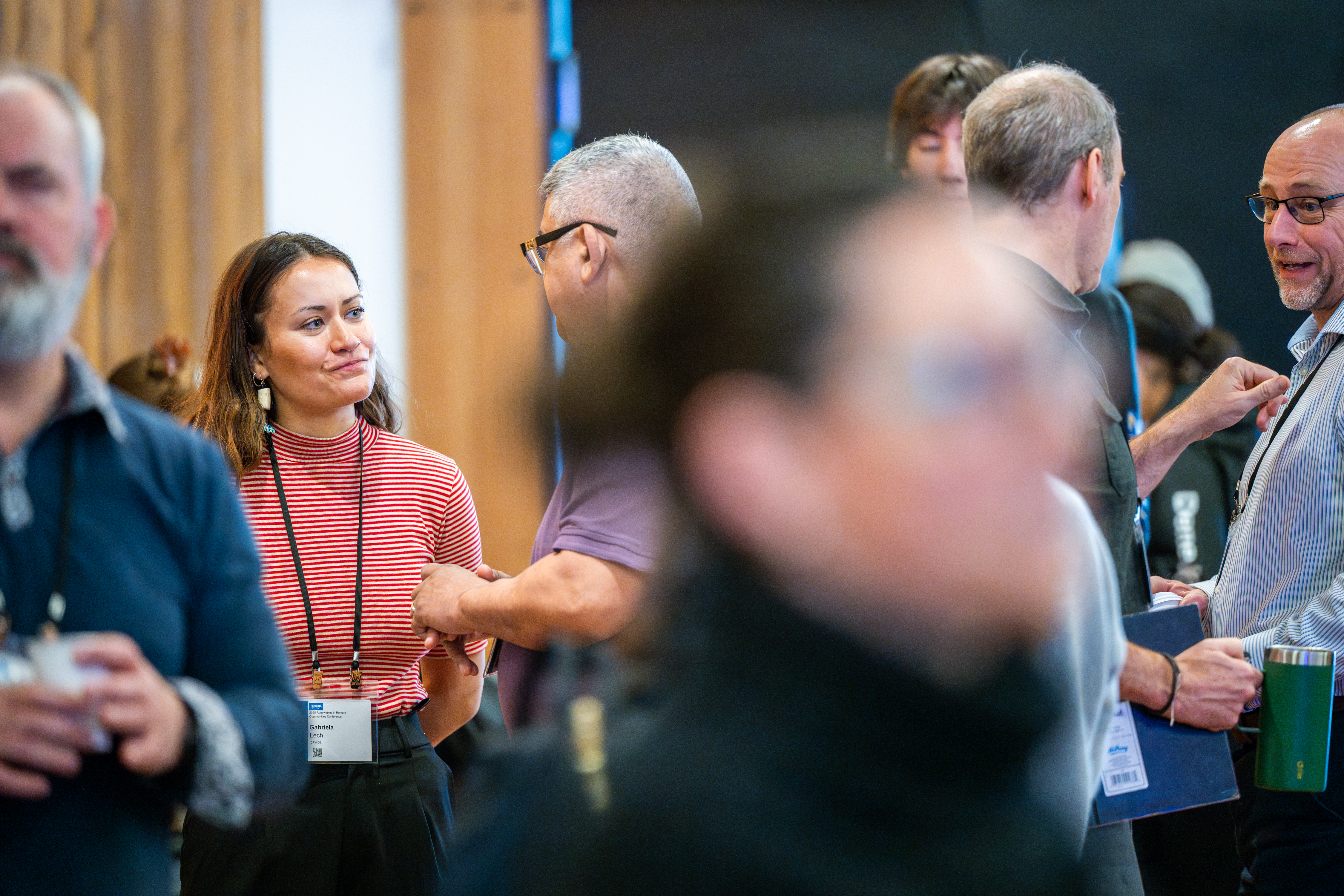
Something we heard at the conference was that project development and Indigenous energy leadership is a heavy lift for remote clean energy champions, especially in remote contexts where geography, technology, and funding barriers get in the way of steady progress. Peer learning networks and communities of practice thus play an important role in ensuring that local leaders feel supported as they take on the difficult work of transitioning to clean energy. By coming together, we can begin to combat isolation, recommit to shared action, and feel inspired to continue the work.
Presentations, discussions, and stories shared by organizations like SevenGen and Indigenous Clean Energy emphasized this and showed how networks play an important role in progress. This year, we learned that while there are many barriers in the way of progress, the many social, environmental, and economic benefits that come from clean energy continue to motivate individuals, governments, and industries to remain committed to meaningful change.
The context of energy development in the North
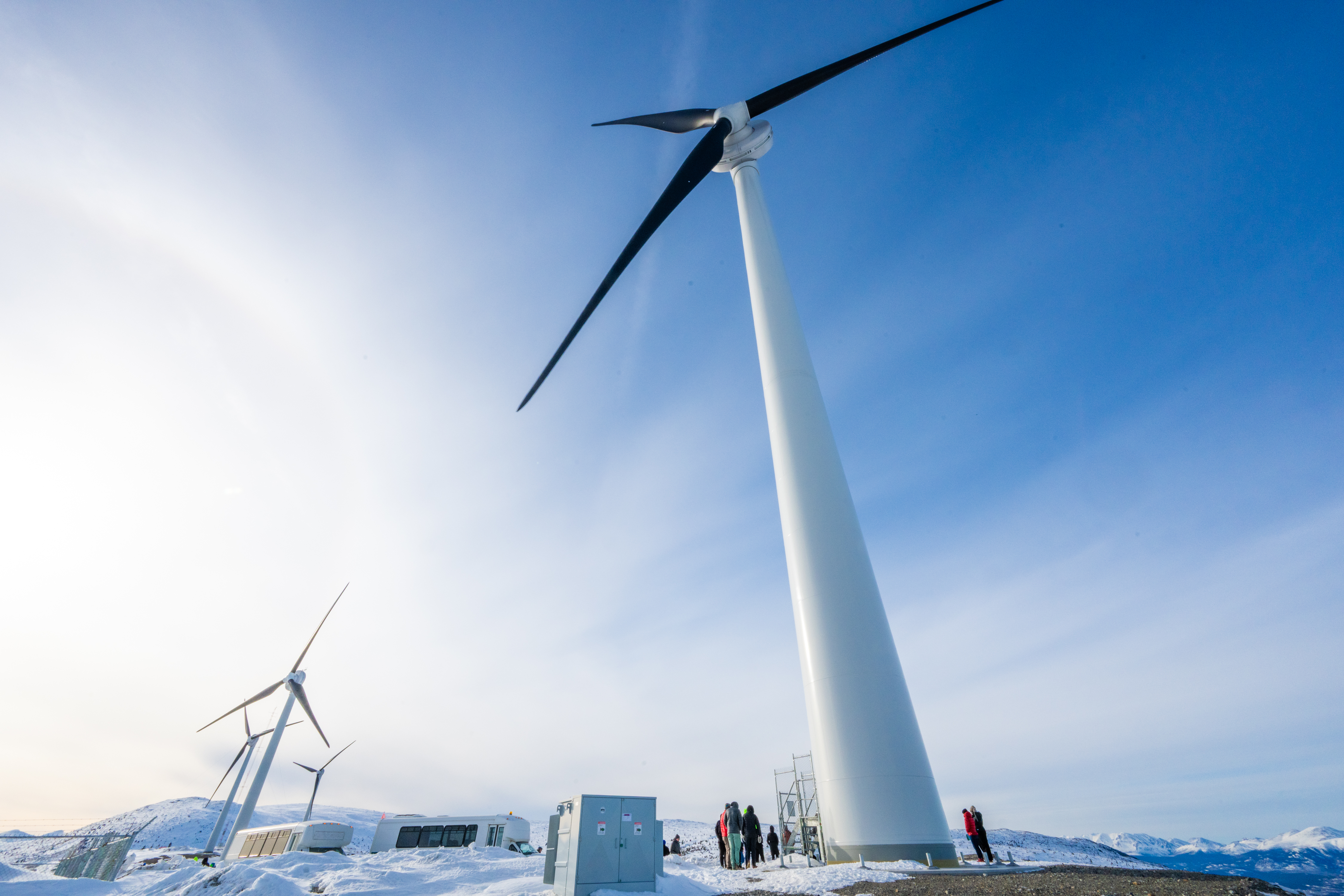
The energy transition in the Yukon, Northwest Territories, and Nunavut was a reoccurring theme of this year’s conference. We heard from several project proponents and community leaders who argue that community clean energy projects and ambitions in the North often move faster than government policy. On stage, leaders from the North were clear – a community-led transition to clean energy is underway in the territories, but there’s a lot of work to do to scale action and support local ambition for change.
The way to meet this ambition is through collaboration and partnership between communities, clean energy proponents, government, and utilities, each of whom play an important role in moving the transition forward. Through these partnerships, unique northern energy challenges — including technology issues, funding constraints, and a lack of capacity at the community and government level — can be better addressed and identified.
Convening northern leaders on clean energy is, unfortunately, too rare. More opportunities to come together are needed to ensure the North is well placed to determine its own priorities and approaches for northern energy development.
Youth have an important role to play in the transition
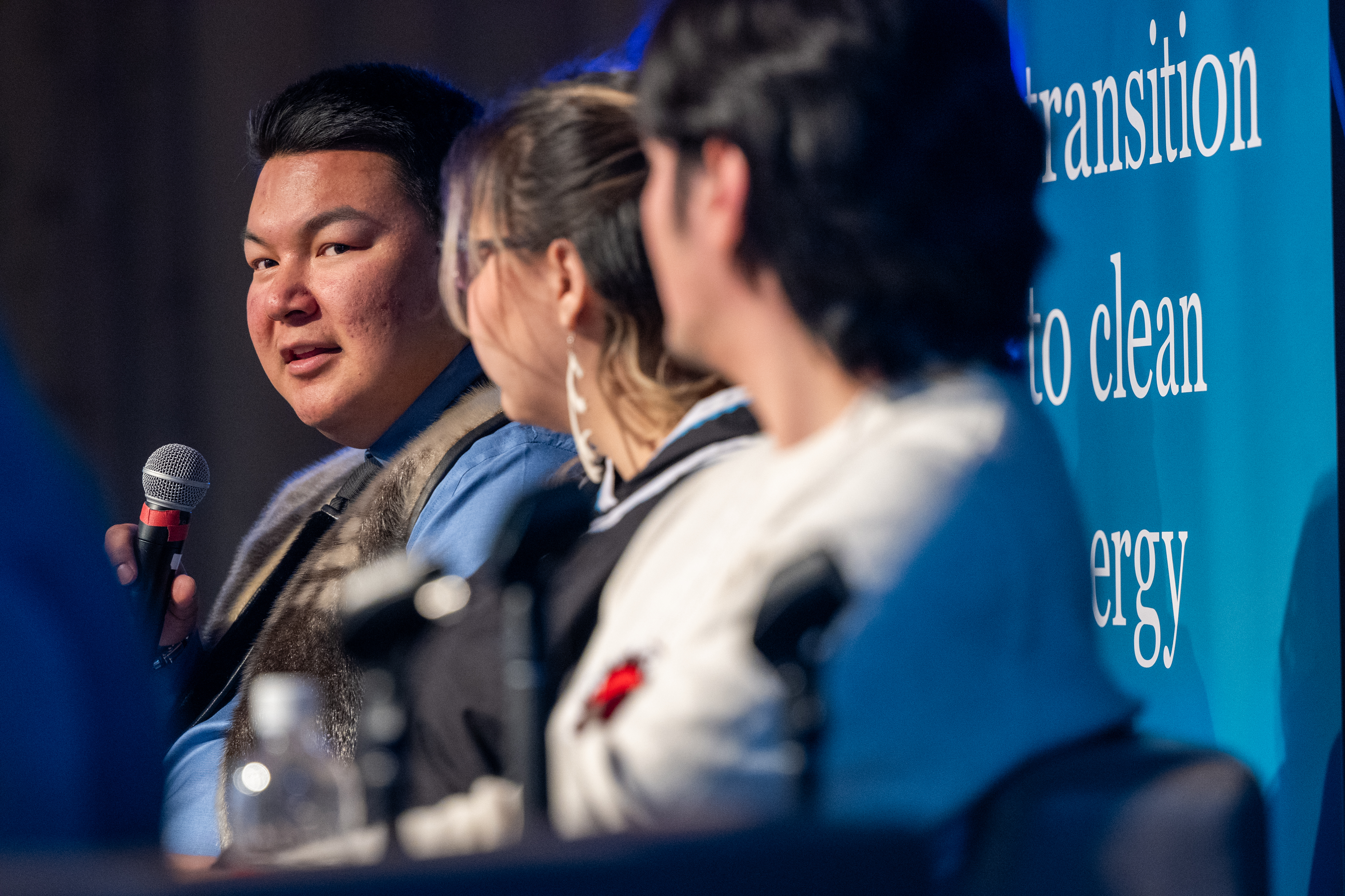
Over the course of RiRC2025, we heard from youth, elders, and everyone in between about the intergenerational nature of clean energy and diesel reduction – from energy literacy and skills development to advocacy and long-term energy planning. It was made abundantly clear that the work of climate action and clean energy development can only be effective when it is done both in community and across generations.
Through conversation, we heard that young people are not only inheritors of clean energy work, they are also the implementers, creators, and drivers of change in communities across Canada. Youth perspectives, experiences, and ambitions consistently lead community pursuits for Indigenous energy sovereignty, clean energy development, and diesel reduction.
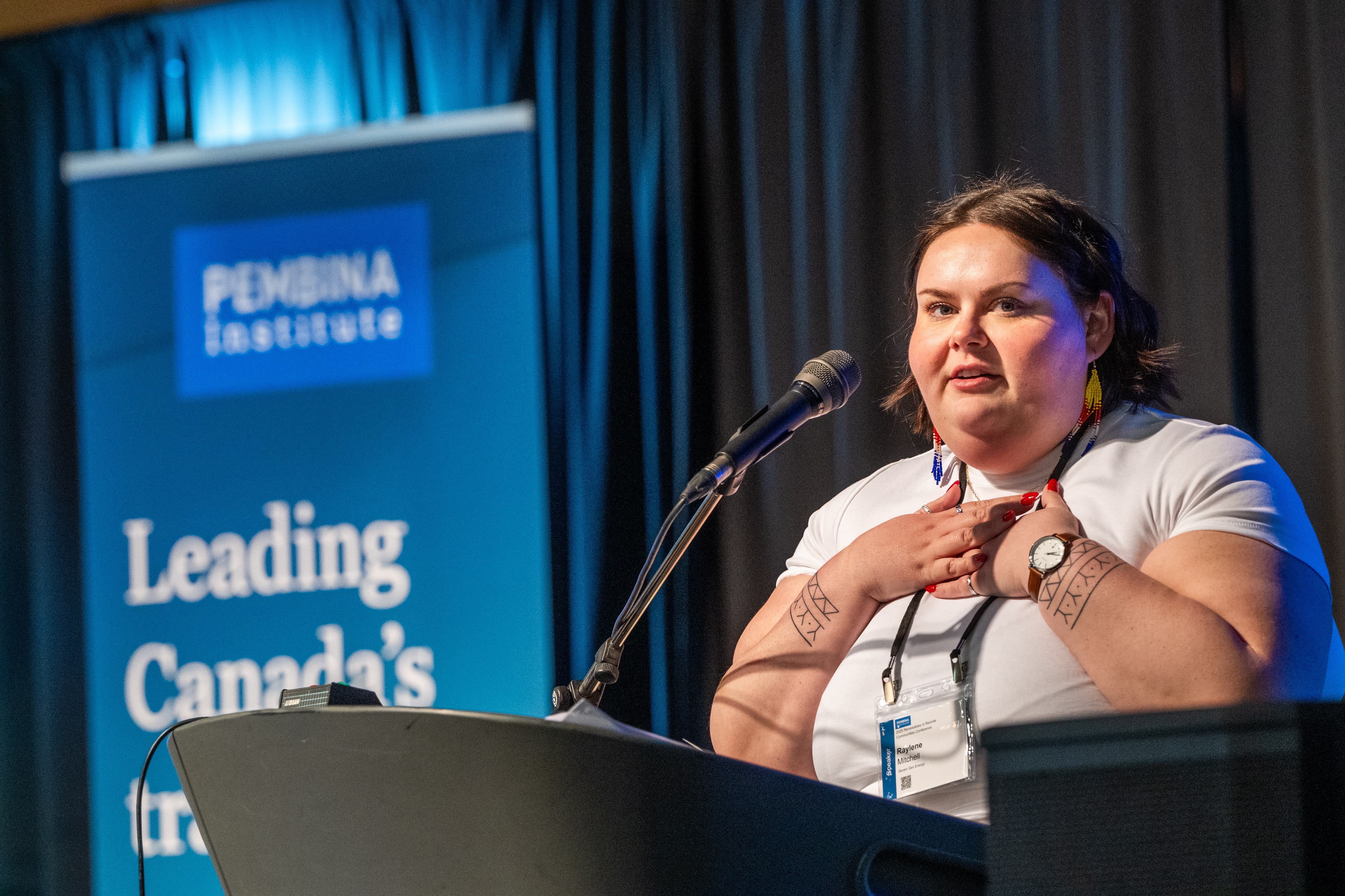
Many youth at the conference made strong calls for inclusive and meaningful action on the part of industry, government, and community leadership. Janelle Lapointe, SevenGen Council Member, made a call for an energy transition that addresses the fears and challenges of Indigenous youth: “for our young people, having a job is not enough if they work extremely hard and still can’t afford to put food on the table. A just transition is about building a new economic structure based in reciprocity and healing.”
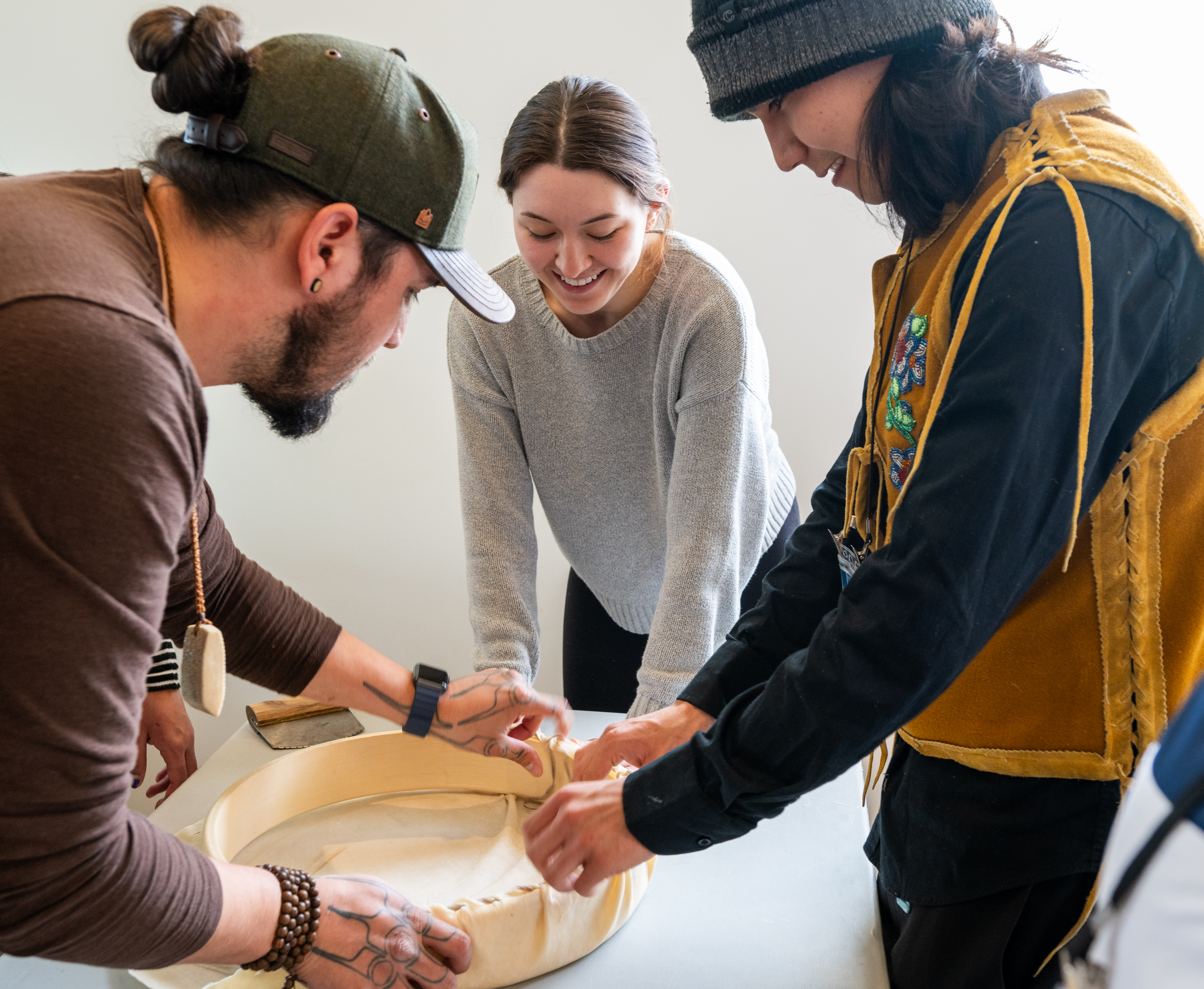
Many “non-youth” attendees, a term affectionately used over the course of the event, emphasized that not only do young people possess the grounded perspectives required to drive change, they are also the people who will care for and implement projects for the next decade and beyond. This was a message powerfully reinforced by Natalie Noksana, On the land programmer, during the opening night of the conference: “All we can do is try to better educate our kids on how not to abuse the land. Respect the land and the land will respect us. We want to see 50 years from now that our youth are doing what we’re doing today, the same way I am doing what my grandmother was doing 50 years ago.”
Energy security in remote communities - an ongoing priority
Across the more than 30 sessions and presentations held during the conference, we also heard about the closely linked relationship between energy, sovereignty, security, and community development. Through these conversations, it became abundantly clear that while the national discourse on energy security has intensified in recent weeks, in remote communities the focus on energy security has been ongoing for years.
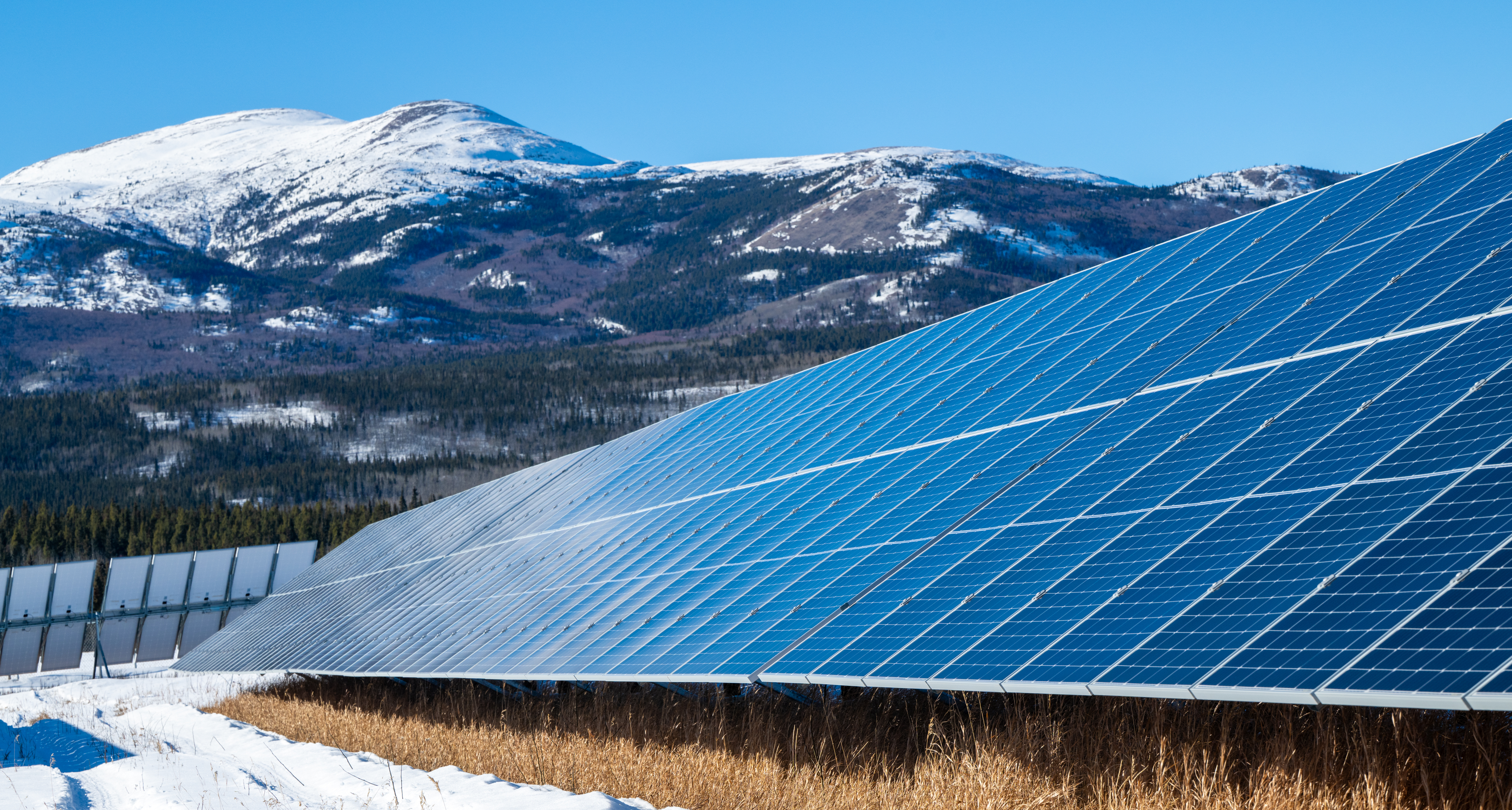
For many attendees, it was well understood that a costly and unreliable energy supply – one that is dependent on imported fuel and fragile supply chains – undermines sovereignty and the rights of communities to make their own decisions. One example that frequently came up was the regular need to divert portions of a community budget away from services such as health and education to instead pay for diesel, especially during price spikes. In other words, without a predictable, affordable supply of energy, a community’s right to determine its own priorities is threatened. These points were particularly poignant given Canada’s evolving discussion on trade, tariffs, and economic resilience.
Math'ieya Alatini, former Chief of Kluane First Nation, made this point especially clear during her remarks at the conference, where she told the story of Kluane First Nation’s journey to clean energy: “… if people have healthy homes, healthy food, and stable energy, then they are contributing to community in a healthy way and when we have healthy communities, we have a healthy territory. Energy self-sufficiency is one of the basic ways we can grow and heal our communities”.
Where do we go from here?
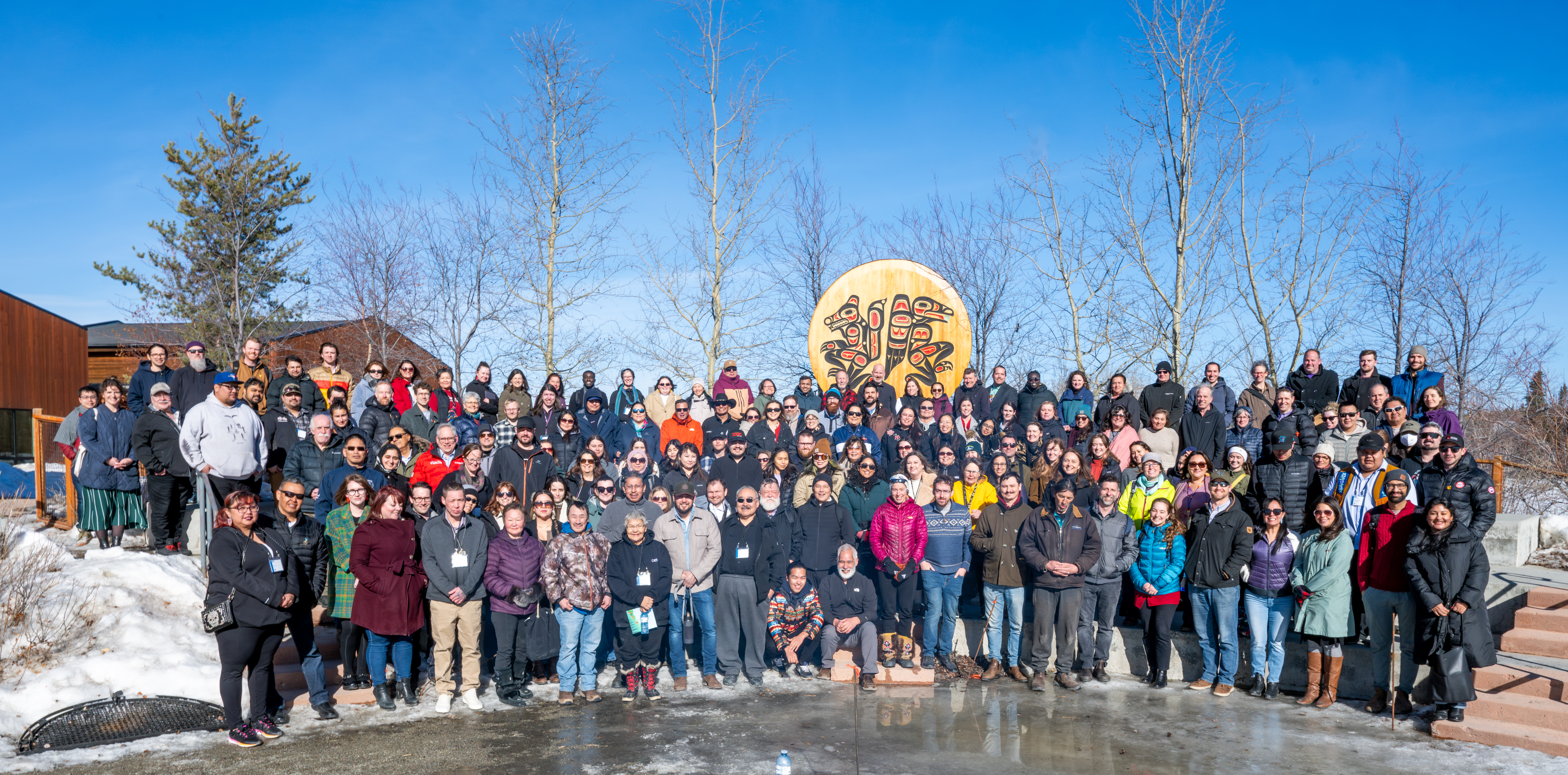
With ten years and a fourth conference behind us, we have much to reflect on. From active projects and real gains in diesel reduction to stronger networks and awareness built, there is a lot to celebrate. A lot of good work has happened since the last time we met and though there are still many challenges in front of us, we now know that they can and will be overcome so long as we remain committed to moving forward, together.
On the closing night of the conference, we heard from Raylene Mitchell, Council Member for the SevenGen Youth Council, who left us with an important reminder of the impact and importance of ongoing and intergenerational partnership: “A lot of times we’re told that we have to go against the grain of past generations, but we are truly standing on your shoulders. If it wasn’t for the work you’ve done, we wouldn’t be able to stand where we are today”. Her comments are a strong reminder that a growing network of leaders and mentors is at the heart of the remote transition to clean energy; a reminder that each of us play a role in long-lasting change, seven generations and beyond.
The Pembina Institute extends a warm thank you to each and every conference attendee, speaker, and supporter who joined us for this year’s conference. Our team is still reflecting on the many powerful speeches, discussions, and ideas shared with us in Whitehorse this spring. We are immensely grateful for this experience and with this, invite you to think about and recommit to our shared goals for healthier, more affordable, and more reliable energy systems that support all communities.
Over the coming months, you can expect to hear from us as we share event photos, videos, and reflections. In the meantime, don’t be a stranger! We want to hear from you as we each move forward with the spirit of reflection and collaboration.
Here’s how you can stay in touch:
- Sign up for our newsletter: Renewables in Remote Communities Newsletter
- Learn more about our work and research on remote energy: Renewables in Remote Communities program.
